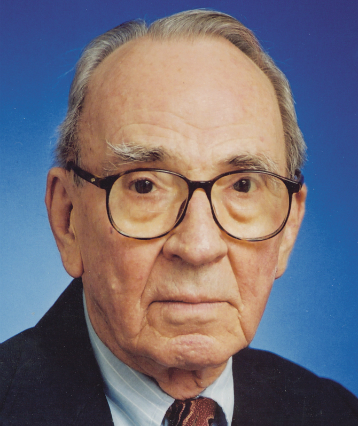Introduction
In his 2001 book, Making Patriots, American political scientist Walter Berns (b. 1919) reflects on several difficulties, old and new, confronting the cultivation of patriotism in the American republic, and offers important suggestions for how these difficulties might be addressed. Telling stories is part of the answer. Here is one of his, taken from the epilogue of the book.
How do you understand the ceremonial deed of the solitary Marine? In what sense does it “pay honor to my country”? Why does this story so move the diplomat? Does it move you? How and why?
The following story is told by a foreign diplomat who, as he explains, had occasion to visit the United States Embassy in the capital of his country.
* * *
“I arrived at a quarter to six, after official office hours, and was met by the Marine on guard at the entrance of the Chancery. He asked if I would mind waiting while he lowered the two American flags at the Embassy. What I witnessed over the next ten minutes so impressed me that I am now led to make this occurrence a part of my ongoing record of this distressing era.
“The Marine was dressed in a uniform which was spotless and neat; he walked with a measured tread from the entrance of the Chancery to the stainless steel flagpole before the Embassy and, almost reverently, lowered the flag to the level of his reach where he began to fold it in military fashion. He then released the flag from the clasps attaching it to the rope, stepped back from the pole, made an about-face, and carried the flag between his hands—one above, one below—and placed it securely on a stand before the Chancery.
“He then marched over to a second flagpole and repeated the same lonesome ceremony. . . . After completing his task, he apologized for the delay—out of pure courtesy, as nothing less than incapacity would have prevented him from fulfilling his goal—and said to me, ‘Thank you for waiting, Sir. I had to pay honor to my country.’
“I have had to tell this story because there was something impressive about a lone Marine carrying out a ceremonial task which obviously meant very much to him and which, in its simplicity, made the might, the power and the glory of the United States of America stand forth in a way that a mighty wave of military aircraft, or the passage of a super-carrier, or a parade of 10,000 men could never have made manifest.
“One day it is my hope to visit one of our embassies in a faraway place and to see a soldier fold our flag and turn to a stranger and say, ‘I am sorry for the delay, Sir. I had to honor my country.’”1
1 From “Commentary: Diplomat Notices Marine’s Patriotism,” The Scout (Camp Pendleton Military Base), May 28, 1998.
Berns, Walter. Making Patriots. Chicago: University of Chicago Press, 2001, 144–45. Reprinted by permission of the author.
Return to The Meaning of Flag Day.



Post a Comment